|
Do you know what vitamin E is? This nutrient is found in many foods and is important for your health. In this blog post, we will discuss the benefits of vitamin E and how to get enough of it in your diet. We will also cover the different types of vitamin E supplements available on the market. So, if you're interested in learning more about this vitamin, keep reading! What is Vitamin E? Vitamin E is a nutrient that is found in many foods. It is important for your health and has many benefits. Vitamin E can help to protect your cells from damage, it can boost your immune system, and it can help to prevent certain diseases. vitamin E is also important for your skin and eyesight. How Much Vitamin E Do You Need? The amount of vitamin E you need depends on your age and health. The recommended daily allowance (RDA) for vitamin E is:
You can get vitamin E from food or from supplements. Vitamin E is found in many foods, including:
You can also get vitamin E from supplements. vitamin E supplements are available in different forms, including capsules, tablets, liquids, and gels. You can also find vitamin E in some skincare products. Talk to your doctor before taking any supplements. They can help you determine the right amount for you based on your age and health. Types of Vitamin E Supplements
There are different types of vitamin E supplements available on the market. The most common type is alpha-tocopherol. This form of vitamin E is found in many foods and is the most active form in the body. Other forms of vitamin E include beta-tocopherol, gamma-tocopherol, and delta-tocopherol. These forms are not as active in the body as alpha-tocopherol but they have their own unique benefits. Vitamin E is an important nutrient that has many benefits for your health. You can get vitamin E from food or supplements. Talk to your doctor before taking any supplements to make sure you are taking the right amount for your age and health. There are different types of vitamin E supplements available on the market, so be sure to do your research before choosing one!
0 Comments
Did you know that Vitamin D3 is one of the most important nutrients for human health? Vitamin D3 is essential for strong bones, healthy muscles, and a well-functioning immune system. It also plays an important role in cognitive function and mental health. In this blog post, we will discuss the top 11 benefits of Vitamin D3. We'll also explore why it's so important to make sure you're getting enough of this nutrient!
1. Vitamin D is essential for strong bones. Vitamin D helps the body absorb calcium, which is necessary for bone growth and maintenance. Vitamin D deficiency can lead to a condition called rickets, in which the bones become soft and weak. Vitamin D also helps prevent osteoporosis, a condition in which the bones become porous and fragile. Getting enough Vitamin D is especially important for older adults, who are at risk for osteoporosis. However, it's important for people of all ages to get enough Vitamin D to keep their bones healthy! 2. Vitamin D is necessary for healthy muscles. Vitamin D helps the body maintain proper levels of phosphorus and calcium, which are necessary for muscle function. Vitamin D deficiency can cause muscle weakness and pain. Getting enough Vitamin D is especially important for people who are active and participate in sports, as they are at risk for developing Vitamin D deficiency. 3. Vitamin D strengthens the immune system. Vitamin D helps the body fight off infection and disease. Vitamin D deficiency has been linked to an increased risk of respiratory infections, such as the flu and pneumonia. Vitamin D also plays a role in maintaining a healthy gut microbiome, which is necessary for a strong immune system. 4. Vitamin D is important for cognitive function. Vitamin D has been shown to improve cognitive function and memory. Vitamin D deficiency has been linked to an increased risk of dementia and Alzheimer's disease. Getting enough Vitamin D is especially important for older adults, as they are at a higher risk for cognitive decline. 5. Vitamin D is necessary for proper cell growth. Vitamin D helps the body produce new cells and repair damaged ones. Vitamin D deficiency can lead to a variety of health problems, such as cancer, heart disease, and diabetes. Getting enough Vitamin D is especially important for people who are at a higher risk for these conditions. 6. Vitamin D helps regulate blood pressure. Vitamin D helps the body maintain proper levels of calcium and phosphorus, which are necessary for regulating blood pressure. Vitamin D deficiency has been linked to an increased risk of hypertension, or high blood pressure. Getting enough Vitamin D is especially important for people who are at a higher risk for hypertension. 7. Vitamin D aids in weight loss. Vitamin D helps the body break down fat and convert it into energy. Vitamin D deficiency has been linked to an increased risk of obesity. Getting enough Vitamin D is especially important for people who are trying to lose weight. 8. Vitamin D improves mood. Vitamin D has been shown to improve mood and reduce the risk of depression. Vitamin D deficiency has been linked to an increased risk of depression and anxiety. Getting enough Vitamin D is especially important for people who are at a higher risk for these conditions. 9. Vitamin D protects against cancer. Vitamin D helps the body fight off infection and disease. Vitamin D deficiency has been linked to an increased risk of cancer. Getting enough Vitamin D is especially important for people who are at a higher risk for cancer. 10. Vitamin D helps the body absorb nutrients. Vitamin D helps the body absorb calcium, phosphorus, and magnesium. Vitamin D deficiency can lead to a variety of health problems, such as osteoporosis, muscle weakness, and cognitive decline. Getting enough Vitamin D is especially important for people who are at a higher risk for these conditions. 11. Vitamin D is necessary for pregnant women and their babies. Vitamin D helps the body absorb calcium, which is necessary for proper fetal development. Vitamin D deficiency has been linked to an increased risk of preterm birth and low birth weight. Getting enough Vitamin D is especially important for pregnant women and their babies! Vitamin D is an essential nutrient that provides a wide range of health benefits. Getting enough Vitamin D is especially important for people who are at a higher risk for health problems. If you think you may be deficient in Vitamin D, talk to your doctor about getting a blood test to check your levels. Vitamin C benefits are numerous and wide-reaching. This essential nutrient has been shown to have positive effects on everything from your immune system to your skin, as well as many other benefits. It is one of the essential vitamins our body needs for healthy living. The human body cannot produce Vitamin C by itself. It must be taken through food or supplements because our body does not store it for long. Thus, it is advisable to take vitamin C supplements or eat foods containing high amounts of this vitamin every day. Let’s see what amazing benefits you can get from Vitamin C and how you can intake more of it in your diet.
Boost your immune system A vitamin C deficiency can cause a weakened immune system, which leaves you susceptible to infections. Plus, it can also make a cold last longer because it won’t be fought off as quickly. You can boost your immune system with 1,000 mg of vitamin C daily. This dosage has been proven to help fight infections, including colds, the flu, and even certain types of cancer. There are ample vitamin C benefits for your immune system, but you should also know that vitamin C does not kill bacteria. It only helps your body fight infections and promotes healing. Thus, if you don’t want to be sick, take a daily vitamin C supplement as well as wash your hands regularly and sanitize frequently touched items. Fight against cold and flu Vitamin C benefits include the ability to fight against cold and flu. You need to have a daily dosage of 1,000 mg of vitamin C when you’re in cold and flu season to protect yourself from these infections. Vitamin C has anti-inflammatory properties that help reduce swelling in your nose and throat, thus preventing you from getting sick. When you have the flu, you usually have fevers, headaches, and achy muscles — which vitamin C can help relieve. In addition, this essential vitamin also protects your health from developing into pneumonia. Vitamin C benefits include fighting against cold and flu. If you are already sick, vitamin C may not be able to reverse the course of your illness. You may need to seek medical attention if you have a severe case of cold or flu. Protect your skin Vitamin C benefits your skin in several ways. It can improve your overall skin health, brighten your complexion, and even reduce wrinkles. Vitamin C is important in collagen production which is crucial for keeping your skin healthy and young-looking. It is recommended to use a vitamin C serum on your face. You can also eat foods that are high in vitamin C to promote healthy skin. One example is citrus fruits like oranges, grapefruits, lemons, and limes. You can also eat bell peppers, strawberries, and kiwis. These foods are rich in vitamin C and can help improve your skin. Vitamin C for skin works best when it is applied topically, so it can be absorbed directly by your skin. You can also take vitamin C supplements; however, the amount of vitamin C in supplements is much higher than what is found in food. Help in weight loss Vitamin C is a powerful antioxidant that can help you lose weight by speeding up your metabolism as well as reducing bloating. When you consume vitamin C, it is metabolized into energy and helps you burn more calories. Studies have found that people who take at least 900 mg of vitamin C daily lose more weight than those who don’t. As a result, they have a lower body mass index (BMI). It is believed that this is because vitamin C not only boosts your metabolism but also suppresses appetite. If you’re trying to lose weight, you should eat foods rich in vitamin C, like citrus fruits and bell peppers. You can also take vitamin C supplements. Other benefits
How to get more Vitamin C? You should aim to get 1,000 mg of vitamin C daily. But it can be difficult to get this amount of vitamin C from food alone. That’s why most people need to take vitamin C supplements. There are many foods you can eat to boost your daily vitamin C intake. Oranges, strawberries, kiwis, grapefruits, broccoli, bell peppers and broccoli are good sources of vitamin C. You should try to eat foods with high vitamin C content every day. Another way to boost your vitamin C intake is to take a high-quality supplement. You should consult your doctor to determine the correct dosage for you. How much vitamin C do you need? The amount of vitamin C you need each day depends on your health and age. Babies and pregnant women may need more vitamin C. The table below outlines the recommended daily intake of vitamin C for different age groups. You should talk to your doctor if you’re unsure how much vitamin C you need. Your doctor can help you determine your vitamin C requirements based on your age, sex, size and health condition. If you are pregnant or breastfeeding, you should take more vitamin C than the recommended daily amount. You should also take vitamin C with food to make sure that it gets absorbed by your body. Vitamin C is an essential nutrient that has a wide range of benefits for your health. Besides boosting your immune system and helping you fight against infections, it can also protect your skin and boost your metabolism, helping you lose weight. Taking a high-quality vitamin C supplement or eating foods with high vitamin C content every day can help you get the benefits of this essential nutrient. Do you know what vitamin A is? This important vitamin is essential for human health and can be found in a variety of foods. In this blog post, we will discuss the benefits of vitamin A, as well as how to get enough of it in your diet. So, whether you are looking to improve your overall health or just want to learn more about this important vitamin, read on!. What is Vitamin A? Vitamin A is a fat-soluble vitamin that is found in many foods, including liver, fish oils, eggs, and dairy products. It is also available as a supplement. Vitamin A is important for our eyesight, skin health, and immunity. Benefits of Vitamin A for Eyes Vitamin A is essential for our eyesight. It helps to protect the surface of our eyes from infection and damage. vitamin A also helps to produce tears, which keep our eyes lubricated and healthy. Without enough vitamin A, we may experience dry eyes, night blindness, or even complete blindness. Benefits of Vitamin A for Skin Vitamin A is also important for our skin health. It helps to keep our skin moist and supple. vitamin A also helps to protect our skin from damage caused by the sun and other environmental factors. vitamin A deficiency can lead to dry, scaly skin. Benefits of Vitamin A for Immunity vitamin A is important for our immunity. It helps to fight off infections and diseases. vitamin A also helps to regulate the production of white blood cells. White blood cells are important for our immunity because they help to fight off infection and disease. vitamin A deficiency can lead to a weakened immune system. How to Get Enough Vitamin A in Your Diet
There are many ways to get more vitamin A into your diet! You can eat foods that are rich in vitamin A, such as liver, fish oils, eggs, and dairy products. You can also take vitamin A supplements. If you are taking vitamin A supplements, be sure to talk to your doctor about the right dose for you. The Potential Dangers of too Much Vitamin A While vitamin A is essential for human health, it is important to get enough, but not too much. Too much vitamin A can lead to toxicity. Symptoms of vitamin A toxicity include dry skin, headache, nausea, and vomiting. If you think you may be experiencing vitamin A toxicity, please seek medical attention immediately. We hope you have learned more about vitamin A and how it can benefit your overall health. Remember, vitamin A is important for our eyesight, skin health, and immunity. Be sure to get enough of this important vitamin in your diet by eating foods that are rich in vitamin A or taking supplements. And as always, if you have any questions, please consult with a healthcare professional. Did you know that vitamin D3 is essential for human health? It's true! Vitamin D3 helps the body absorb calcium and phosphorus, which are necessary for healthy bones and teeth. Additionally, vitamin D3 plays a role in regulating the immune system and preventing inflammation. In this blog post, we will discuss the benefits of vitamin D3 and how you can make sure you're getting enough of it! What is Vitamin D3 and what does it do for your body? Vitamin D is a vitamin that is essential for human health. It helps the body absorb calcium and phosphorus, which are necessary for healthy bones and teeth. Additionally, vitamin D plays a role in regulating the immune system and preventing inflammation. There are two forms of vitamin D: vitamin D (D₁) and vitamin D₃ (also known as cholecalciferol). Vitamin D₃ is the form of vitamin D that is produced by our bodies when our skin is exposed to sunlight. It can also be found in some foods, such as fatty fish (such as salmon, tuna, and mackerel), eggs, and fortified milk or orange juice. Vitamin D supplements are also available. vitamin D deficiency is relatively common, especially among older adults. In fact, it is estimated that one in four adults over the age of 60 are deficient in vitamin D. This is because our bodies’ ability to produce vitamin D decreases with age. Additionally, people who have dark skin, or who do not get enough sun exposure, are also at risk for vitamin D deficiency. How can you make sure you’re getting enough vitamin D? The best way to ensure adequate vitamin D levels is to spend time in the sun. However, it is important to do so safely by wearing sunscreen and avoiding prolonged sun exposure. If you are unable to get enough vitamin D from sunlight, you may need to take a supplement. Talk to your doctor about whether or not a vitamin D supplement is right for you. Vitamin D is an important nutrient that offers many health benefits. Be sure to include it in your diet or take a supplement if needed in order to maintain optimal health! What are the benefits of vitamin D? Vitamin D is important for many different reasons. It helps to:
Vitamin D deficiency can lead to a number of health problems, such as:
Ensuring adequate vitamin D levels is therefore essential for good health. The best way to do this is by spending time in the sun. However, it is important to do so safely by wearing sunscreen and avoiding prolonged sun exposure. If you are unable to get enough vitamin D from sunlight, you may need to take a supplement. Talk to your doctor about whether or not a vitamin D supplement is right for you. Including vitamin D in your diet is an important part of maintaining good health. Be sure to talk to your doctor about whether or not you need a supplement and how much sun exposure is safe for you. By taking these steps, you can help ensure that you get the vitamin D your body needs!
It's no secret that vitamins are essential for a healthy body. In fact, vitamins are so important that the human body cannot function properly without them. There are many different types of vitamins, and each one plays an important role in keeping us healthy. In this blog post, we will discuss the benefits of vitamins and how they can help improve your health! What are vitamins and why do we need them? Vitamins are organic compounds that are essential for the proper functioning of the human body. There are 13 essential vitamins that our bodies need in order to function properly. These vitamins play important roles in many different processes in the body, including metabolism, cell growth and repair, and immune system function. Without vitamins, our bodies would not be able to function properly. There are two different types of vitamins: water-soluble vitamins and fat-soluble vitamins. Water-soluble vitamins dissolve in water and are excreted by the body in urine. Fat-soluble vitamins dissolve in fat and are stored in the liver and fatty tissues. Our bodies need both types of vitamins in order to function properly. Vitamins are found in many different foods, including fruits, vegetables, meat, poultry, fish, and dairy products. vitamins are also available in supplement form. It is important to get vitamins from food sources because vitamins in supplements are not regulated by the Food and Drug Administration (FDA). This means that vitamins in supplements may not be safe or effective. The best way to get vitamins is to eat a healthy diet that includes a variety of fruits, vegetables, meat, poultry, fish, and dairy products. vitamins are also available in supplement form. It is important to talk to your doctor before taking any vitamins or supplements. The benefits of taking a multivitamin every day There are many different benefits of taking a multivitamin every day. One of the most important benefits is that it can help fill in the gaps in your diet. Even if you eat a healthy diet, you may not be getting all of the vitamins and minerals that your body needs. Taking a multivitamin can help ensure that your body is getting the nutrients it needs. Another benefit of taking a multivitamin is that it can help reduce your risk of developing certain chronic diseases. For example, vitamins C and E have been shown to reduce the risk of heart disease. vitamins C and D have been shown to reduce the risk of osteoporosis. vitamins A, C, and E have been shown to reduce the risk of cancer. Finally, taking a multivitamin can help improve your overall health and well-being. vitamins can help improve your mood, energy levels, and mental clarity. vitamins can also help reduce stress levels and promote better sleep. How to choose the right multivitamin for you There are many different types of multivitamins on the market, so it can be difficult to know which one is right for you. When choosing a multivitamin, it is important to look for one that contains 100% of the Daily Value (DV) for all vitamins and minerals. The DV is the amount of each nutrient that is needed to meet the needs of 97-98% of healthy people. It is also important to choose a multivitamin that is appropriate for your age, sex, and lifestyle. For example, pregnant women and young children need different vitamins than men and postmenopausal women. athletes and people who smoke cigarettes need different vitamins than sedentary people. The best time of day to take your multivitamin There is no one-size-fits-all answer to this question. Some vitamins are best absorbed when taken with food, while others are best absorbed when taken on an empty stomach. It is important to read the label on your multivitamin and follow the directions for taking it. In general, it is best to take vitamins in the morning so that they can be absorbed throughout the day. However, some vitamins are best taken at night, such as vitamin D. Talk to your doctor or pharmacist about the best time of day to take your multivitamin. What to do if you forget to take your vitamin
If you forget to take your vitamin, don't worry. Just take it as soon as you remember. However, if it is almost time for your next dose, skip the missed dose and continue on your regular schedule. Do not take two doses of vitamins at the same time. How much water should you drink when taking a multivitamin? It is important to drink plenty of water when taking a multivitamin. vitamins are best absorbed when taken with water. The amount of water you need to drink depends on the type of vitamin you are taking. For example, fat-soluble vitamins (such as vitamins A, D, E, and K) need to be taken with a meal that contains fat in order to be absorbed. Water-soluble vitamins (such as vitamins C and B vitamins) can be taken with or without food. By following these tips, you can ensure that you are getting the most out of your multivitamin. vitamins are an important part of a healthy diet and can help you maintain good health. Be sure to talk to your doctor or pharmacist if you have any questions about vitamins or how to take them. Thanks for reading! If you are like most people, you probably think of vitamin E as an important nutrient for your health. But what you may not know is that vitamin E has a range of surprising benefits for your body and mind. In this blog post, we will discuss five of the most unexpected benefits of vitamin E. So if you are looking for a way to improve your health, consider adding more vitamin E to your diet!
5 Surprising Benefits of Vitamin E
If you are vitamin E deficient, you may be at risk for developing dry eye syndrome. vitamin E helps to keep your eyes lubricated and prevents the development of dry eye syndrome. vitamin E also helps to protect your eyes from damage caused by ultraviolet (UV) rays. So if you are looking for a way to improve your vision, consider adding more vitamin E to your diet!
Vitamin E is an important nutrient for healthy skin. vitamin E helps to protect your skin from damage caused by UV rays and other environmental toxins. vitamin E also helps to moisturize your skin and keep it looking young and healthy.
Vitamin E has been shown to improve cognitive function in older adults. vitamin E helps to protect your brain from damage caused by free radicals and other environmental toxins. vitamin E also helps to improve communication between cells in the brain.
Vitamin E is an important nutrient for heart health. vitamin E helps to protect your heart from damage caused by free radicals and other environmental toxins. vitamin E also helps to lower cholesterol and triglyceride levels in the blood.
Vitamin E has been shown to ease the symptoms of menopause, including hot flashes and night sweats. vitamin E helps to balance hormone levels in the body and provides relief from the symptoms of menopause. So if you are looking for a way to improve your health, consider adding more vitamin E to your diet! vitamin E is an important nutrient for your health and has a range of surprising benefits. So if you are looking for a way to improve your health, consider adding more vitamin E to your diet! Thanks for reading! I hope this blog post was helpful! Do you have any questions or comments? Please feel free to leave them below! Thanks for reading VITAMINS are essential in human metabolism. When vitamins aren’t properly utilized, they build up in our body and can have negative effects. It’s no wonder that Vitamin C is so important. With so many benefits, it’s not easy to know where to begin. A good starting point is to understand what a vitamin is and whether or not there is a benefit to taking one. There are several benefits to taking vitamins, including helping keep your energy levels high, aiding in immune system health, and helping with weight loss . Let's take a look at the best benefits of vitamins. What is a Vitamin? A vitamin is a chemical compound that helps in your body’s normal function. There are different kinds of vitamins, but they all help in the same way: by helping to maintain the integrity of your cells. How Do VITAMINS Help Your Health? Although we are all pre-programmed to take certain vitamins, it’s important to understand the benefits of each one on a case-by-case basis. There are several benefits to consider before deciding to take a particular vitamin. Boosts energy levels Boosts immune system health Helps prevent heart diseases, stroke and cancer Maintains strong bones Helps protect against environmental toxins and diseases The benefits of vitamins are endless. They can help in your daily well-being, but they’re not just for the day to day. They can also help in your weekly routines and the long-term health of your body. What Are the Best Benefits of Vitamins?
Vitamins are a proven way to get more vitamin C in your diet. Traditionally, it was believed that vitamin C helped in the growth of our bones and teeth. However, more research has shown that vitamin C may actually be harmful. Studies have found that vitamin C has a negative effect on our immune system. It damages the white blood cells which are responsible for fighting illness. Vitamin C also comes with a side effect: it makes the cells in your stomach queAS (avianosis Anemos). Here’s why you should avoid taking vitamins: Excessive intake can cause an increase in the levels of bad bacteria in your stomach. This can lead to bad-tasting food and symptoms like indigestion. People who are sensitive to stomach acid may also experience indigestion. People who take vitamins may also develop an over-sensitive immune system which can lead to diseases such as cancer, heart disease, and type 2 diabetes. Vitamins are incredibly helpful in the fight against cancer. They also help in preventing heart disease and strokes, keeping your body strong and needing less exercise. The good news is that eating vitamin C and taking some antioxidants can protect your body from any harmful effects of the vitamin. Remember to drink the recommended amount of water every day and take care of your health! Do you know that vitamins are essential nutrients that have to be consumed from outside sources? The human body is not equipped with the capacity to produce vitamins. Hence, in order to maintain a healthy lifestyle and avoid deficiency of vitamins, one must take artificial supplements. Vitamins are categorized as fat-soluble or water-soluble. Fat-soluble vitamins get stored in the fatty tissues of your body and remain there for a long time without depleting them quickly. On the other hand, water-soluble vitamins are easily excreted by your body through urine and don’t tend to remain in your system for a long time. This blog will tell you everything you need to know about why taking vitamins is essential for your health and how you can get them into your system! What Are The Benefits of Taking Vitamins? Vitamins are essential nutrients that the human body needs but can’t synthesize on its own. There are 13 vitamins our bodies need to stay healthy — they are A, B, C, D, E, K, calcium, iron, folic acid, niacin, biotin, pantothenic acid, and iodine. If you don’t get enough of these vitamins from your diet, you could develop health issues. Taking a daily vitamin with the recommended dose of these vitamins can help prevent that. When you take a multivitamin, you’re covering all your bases. You’re making sure your body has what it needs to stay healthy and support your general wellbeing. In addition to giving your body the nutrients it needs, vitamins can also improve your mood, reduce your risk of chronic diseases, and give you more energy to do the things you love. What’s not to love about taking a daily vitamin? Why You Should Take Vitamins? Taking vitamins is essential for boosting your health, maintaining your energy levels, and avoiding deficiencies. When your body doesn’t get the nutrients it needs, it will start to store fat and shut down certain functions in order to prioritize others. This can lead to health issues later on in life such as heart conditions, reduced metabolism, and low energy levels. As we previously mentioned, when you take vitamins, your body gets the nutrients it needs to function at a high level. This can improve how you feel and how you look, as well as help you avoid serious health conditions. Which Vitamins Should You Take? If you want to take vitamins but don’t know where to start, choosing the best multivitamins for men and women can help you make sure you’re getting enough vitamins. There are two groups of vitamins — water-soluble and fat-soluble. Water-soluble vitamins are easily absorbed by your body and don’t have a lasting effect. Fat-soluble vitamins are stored in the fatty tissues in your body and will remain there for a long time. Here are the vitamins you should supplement with: Vitamin A: This vitamin works with your body’s immune system and helps protect against some cancers. Vitamin B: B vitamins are beneficial for your heart health and metabolism. Vitamin C: This vitamin can reduce your risk of heart disease and help you be more resilient to stressful situations. Vitamin D: This is the most important vitamin for your health. Vitamin D helps regulate your body’s immune system, supports bone health, and keeps your cardiovascular system healthy. We hope that you’ve gained a new appreciation for the importance of vitamins in your daily life. Remember, vitamins are essential nutrients that the human body doesn’t produce on its own. In order to stay healthy, you have to get them from outside sources. We also hope that you’re now more knowledgeable about the best vitamins for men and women. We strongly encourage you to take a daily vitamin to help protect your body from serious health issues and give you more energy to do the things you love.
|
Welcome!Thank you to all our Writers and Bloggers who shares their expertise, ideas and research work! Read More
All
|
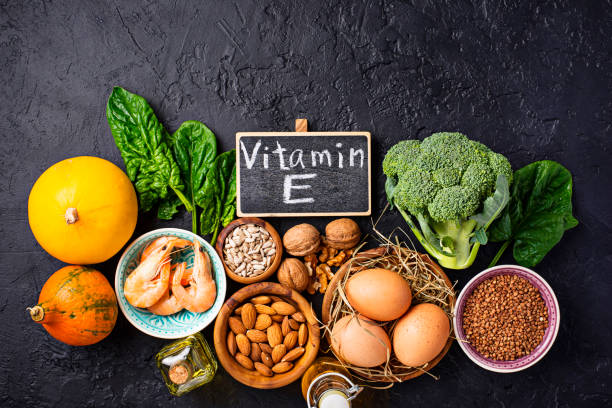
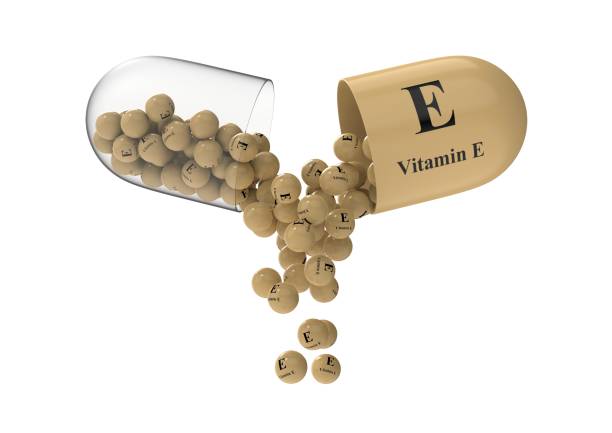

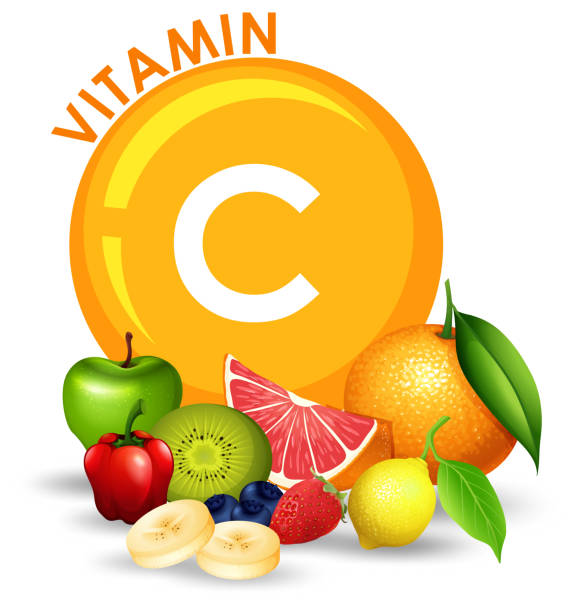
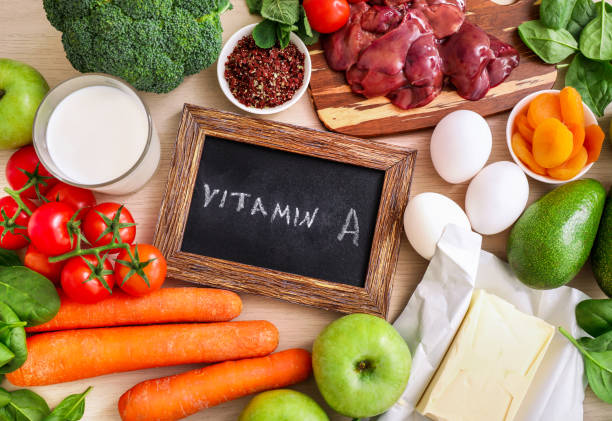
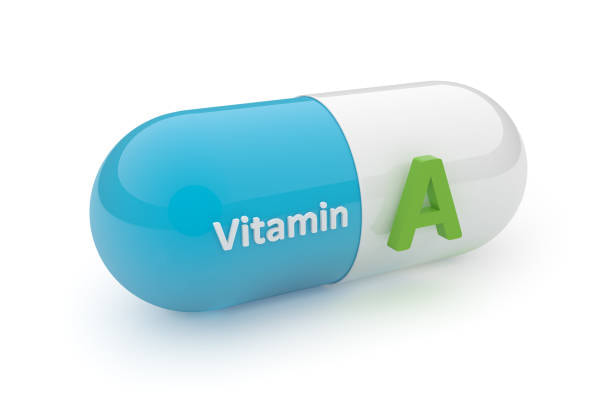
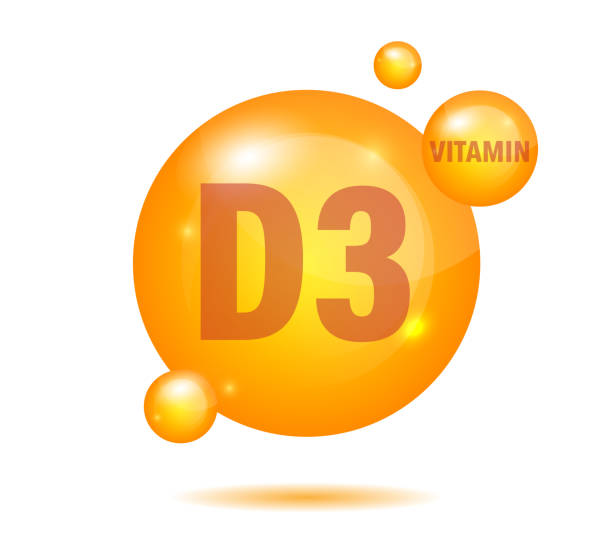
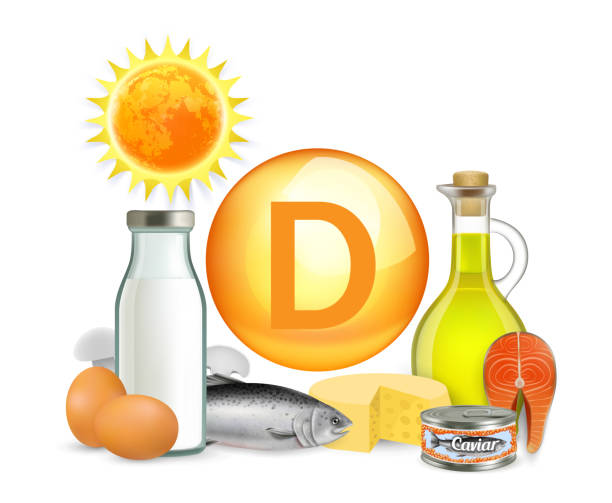
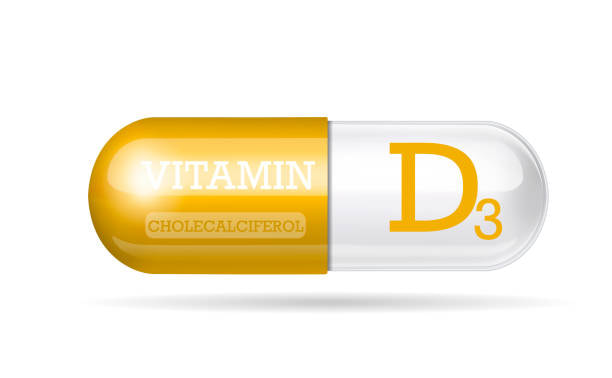



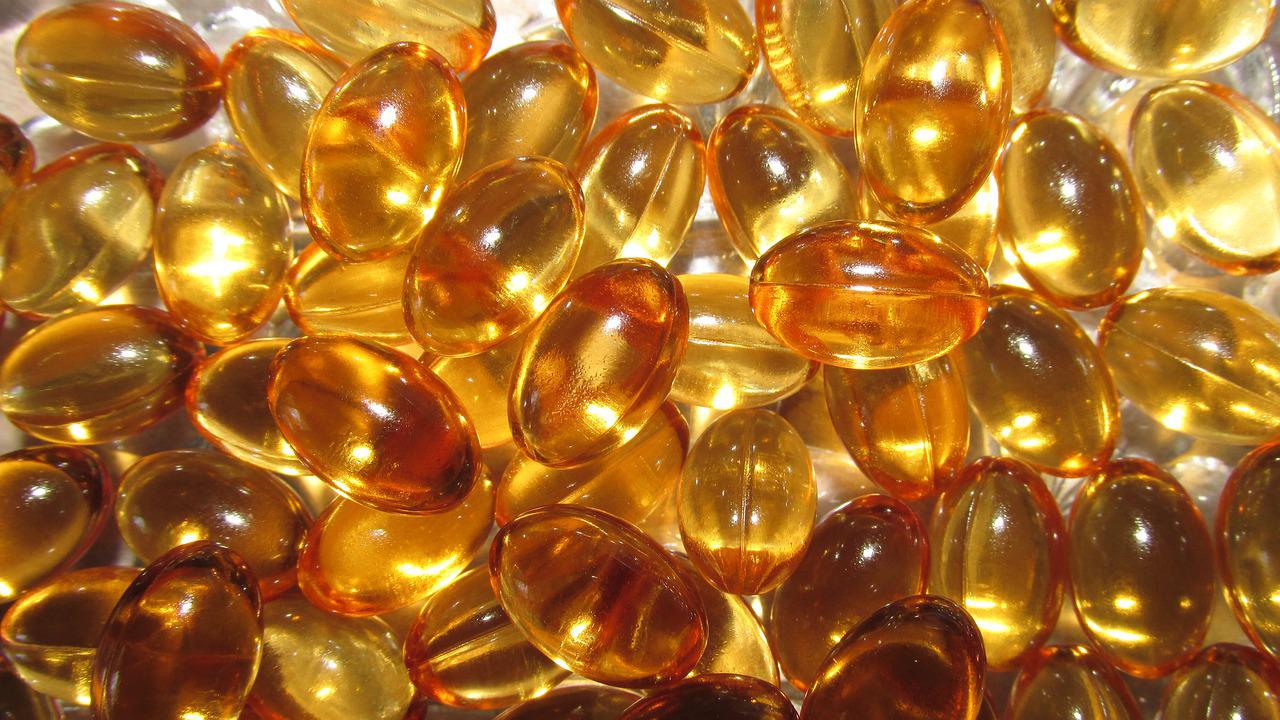





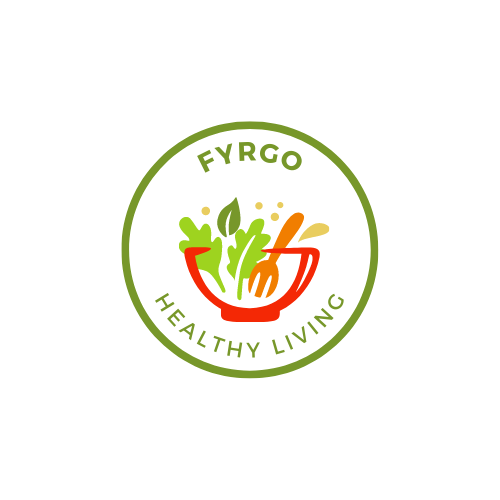
 RSS Feed
RSS Feed